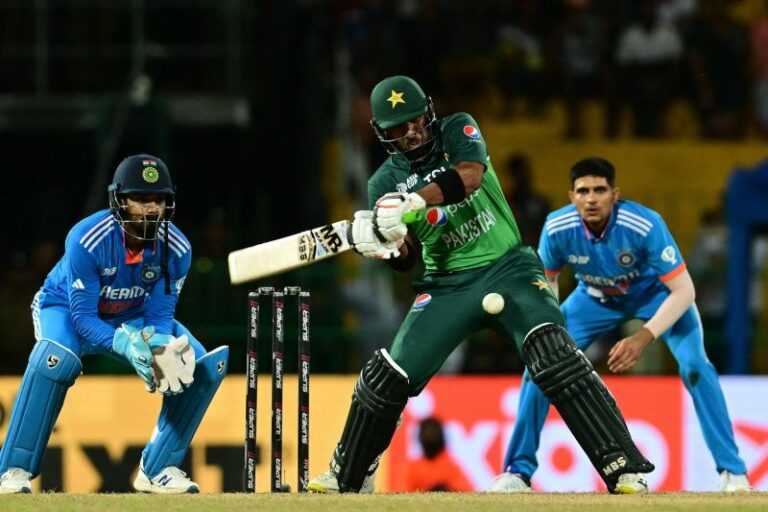Reddy Anna Book: Betting on Major Para Wheelchair Fencing Championships
Reddy Anna Book, Skyinplay: In the world of Para Wheelchair Fencing Championships, athletes like Sarah Lopez and Alexei Ivanov have established themselves as formidable competitors. Their skill, determination, and strategic prowess on the fencing strip have garnered them recognition as key players in the international wheelchair fencing scene. With multiple championship titles under their belts, Lopez and Ivanov continue to showcase their talent and drive to excel in this demanding sport.
Joining the ranks of top contenders are newcomers like Maria Silva and Viktor Petrov, whose rising performances have caught the attention of spectators and fellow athletes alike. Silva’s agility and Petrov’s precise attacks have made them noteworthy contenders in major para wheelchair fencing events. As they continue to hone their techniques and compete at high levels, the fencing community eagerly anticipates their future achievements on the global stage.
Recent Performances and Trends in Wheelchair Fencing
In wheelchair fencing, recent performances have showcased the exceptional skill and determination of athletes on the global stage. The intensity of competition and the strategic maneuvers displayed by the fencers have captivated audiences worldwide. Notably, the sport has seen an increase in participation from diverse nations, highlighting the growing popularity and inclusivity of wheelchair fencing.
As for trends in wheelchair fencing, there has been a noticeable shift towards technological advancements in equipment and training methods. Athletes are constantly seeking innovative ways to enhance their performance, whether through customized gear or data-driven analytics. Additionally, the emphasis on sportsmanship and camaraderie within the wheelchair fencing community remains a fundamental aspect, fostering a supportive environment for athletes to excel and grow in their sport.
Challenges Faced by Para Wheelchair Fencers
Para wheelchair fencers encounter various obstacles that can affect their training and performance on the competitive stage. One significant challenge is the lack of accessibility to proper training facilities tailored to their specific needs. Many fencers struggle to find venues equipped to accommodate their mobility requirements, hindering their ability to practice effectively and refine their skills.
Additionally, para wheelchair fencers often face limited opportunities for exposure and recognition compared to able-bodied athletes in the sport. This lack of visibility can impact their ability to secure sponsorships and funding, making it challenging for them to cover expenses related to equipment, travel, and coaching. Despite these challenges, para wheelchair fencers continue to demonstrate resilience and determination as they strive to overcome barriers and succeed in the highly competitive world of wheelchair fencing.







